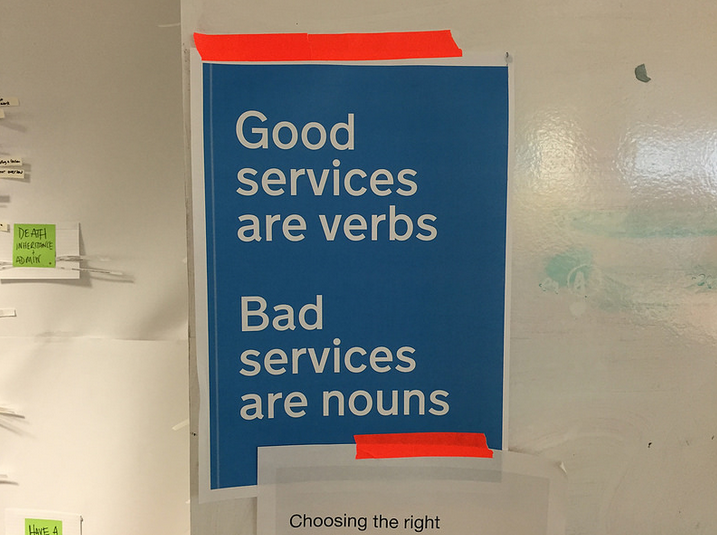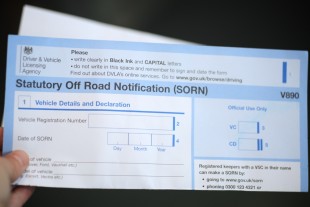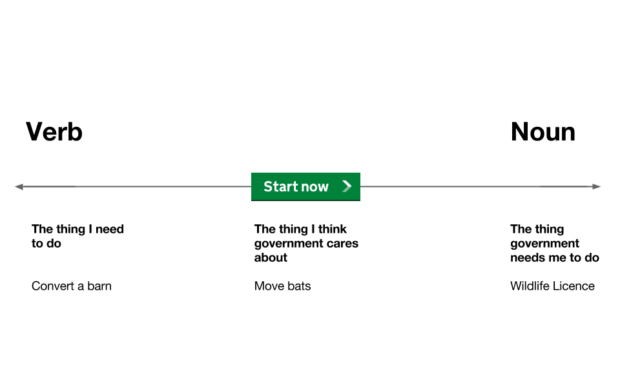Synopsis
The UK has a reputation for being a world leader in Digital Government: using technology and data to deliver more and better with less. Key developments during the last parliament included the founding of the Government Digital Service (GDS); the creation of GOV.UK and the exemplar transactions (such as registering to vote and viewing a driving licence) and the Digital-by-Default standard.
With a new government in place, this major public event provides an important opportunity to explore the priorities for digital government for the next five years with a panel of experts:
Key questions for debate will include:
With a new government in place, this major public event provides an important opportunity to explore the priorities for digital government for the next five years with a panel of experts:
Key questions for debate will include:
- How should the GDS model evolve over the coming parliament?
- What actually is Government as a Platform and what progress are we likely to see on it?
- What’s the role of the private sector in helping deliver digital government?
- Should digital public services follow the same trends as those in eCommerce?
- How do we spread the benefits of digital government to local authorities and other parts of the public sector?
Featuring a keynote speech from Mike Bracken, this event will look back at progress over the last parliament and ask: what has worked well, what lessons can be learned, and – most importantly – what should happen next?
Speakers
Mike Bracken: Executive Director of Digital in the Cabinet Office, and head of the Government Digital Service
Matt Warman: MP for Boston and Skegness; former Technology Editor at the Telegraph
Chi Onwurah: MP for Newcastle Central and Shadow Cabinet Office Minister
Laura Citron: Managing Director, WPP Government & Public Sector Practice, author of "me.gov: the future of digital government"
Steven Cox: Executive Director Public Sector, Fujitsu UK&I
Eddie Copeland: (Chair) Head of Technology Policy, Policy Exchange
RSVP
If you would like to attend please RSVP events@policyexchange.org.uk
Venue
The Ideas Space, Policy Exchange, 10 Storey's Gate, Westminster, SW1P 3AY
Anyone who can get there at 4 p.m. this afternoon may have a few questions about what's worked and what hasn't and about what's next.
Rt Hon Matthew Hancock MP is Minister for the Cabinet Office and Paymaster General and as such the Government Digital Service (GDS) write speeches for him, like the keynote speech he delivered to the National Digital Conference 2015 on 25 June 2015:
Question 1 – why are GDS putting the words of a simpleton into the minister's mouth?
This is our chance to build a new state, crafted around the needs of the user. Using the best and most innovative technology to cut costs and improve services.
Not the all-encompassing state of the 20th century, but a state you can hold in the palm of your hand.
And as if to show that the onward march never ceases, the symbol of transformation is no longer the iPhone in your hand, but here, miniaturised in the iWatch on your wrist.
These are exciting times. Technology marches on. And we who see the transformative power of technology, we who would pave the path people travel: we have work to do.
Next day, 26 June 2015, Public Servant of the Year ex-Guardian man Mike Bracken CBE CDO CDO, executive director of GDS and senior responsible owner of the pan-government identity assurance programme GOV.UK Verify (RIP), was at the Digital Leaders 100 awards ceremony making a speech:
|
|
Question 2 – is Mr Bracken trying to get fired? If he says no, does he mean yes? Either way, which change agent is he weaponising?
GDS disapprove of people making "deceptive or misleading" statements. Quite right, too. In that case, why have they got Mr Hancock saying:
The claim that "twenty of them are now live" is deceptive and misleading.
In the last Parliament we focused on making some of the most important transactions between government and the citizen digital by default ... Twenty of them are now live and more are on the way.
Question 3 – when will GDS apply their strictures on truth-telling to themselves?
These politicians earn their money. GDS have got Mr Hancock saying with a straight face:
What is the basis for that claim? Apparently it's iteration. GDS iterate:
On digital government we, and a handful of other countries, are the source code. There isn’t a playbook for this, so over the last 5 years we’ve had to innovate and experiment, seeing what works and what doesn’t.
Mr Bracken himself took an especially active rôle in the development of the new rural payments system required to implement the European Union's common agricultural policy. Despite which, and agile iteration notwithstanding, the thing fell over when they pressed the 'on' button, farmers have had to go back to a manual system and we risk yet again being fined for failure by the EU.
Iteration is the opposite of the big bang model of policymaking.
We’ve all seen it. The big announcement, the big contract for ‘big IT’, the endless delays, the grand launch… the thing falling over when you press the ‘on’ button.
Iteration is all about small: small teams of developers taking small steps: getting a small prototype out quickly and cheaply, watching to see how people actually use it, then incrementally improving the design. Rinse and repeat. Rinse and repeat.
GDS denounce one-size-fits-all services through Mr Hancock but that is precisely what they offer – digital by default. And they claim to put the users' needs first and yet, when the rural payments computerised system had to be scrapped, who did they blame? The users.
Agile software engineering is sometimes appropriate and sometimes not. It doesn't guarantee success. And it doesn't necessarily put the user first. We have known that since at least 1970.
Question 4 – when will GDS stop pretending that agile is a silver bullet?
GDS's achievement so far amounts to re-writing systems that other people have already written, renewing our road tax/vehicle excise duty on-line being the most striking example. They are obviously aware of that and they caused Mr Hancock to say that:
It sounds good. The advertising copy is slick:
... it’s not just about making websites more user-friendly. As we adopt this approach more widely we will transition from a target culture, where ministers try and manage services from on high, to a data culture, where services adjust in response to user-feedback.
Public administration will be transformed, they say, by introducing Government as a Platform (GaaP). And what does this transformation consist in? Centralisation, consolidation and standardisation on common ... everything.
... now, for the first time, we are in a position to build digital foundations: made of data not paper, holding up platforms not silos. Common registers, common payments platforms, and common licence systems, all based on common data standards.
Question 5 – is "digital foundations made of data" anything more than five words?
GDS make everything sound like a game of words. Say "agile" often enough and repeat "Government as a Platform", and transformation will follow. It doesn't work that way.
For years, GDS have promised to deliver a transformational national identity management platform, currently known as "GOV.UK Verify (RIP)" and they have promised that it will be secure and that it will preserve personal privacy. A week ago that promise was challenged by four academics. GDS's response? A flat denial, unsupported with evidence and followed by silence – just for once they seem to be fresh out of words. And data.
Question 6 – what are the chances of the agile GDS having GOV.UK Verify (RIP) up and running nationwide as promised by
----------
Why isn't DMossEsq himself attending this afternoon's meeting to ask these questions? Answer because, despite responding to the invitation on 8 June 2015 at 17:04, it's a great shame but two weeks later, 22 June 2015 at 15:29, Policy Exchange emailed back:
Good afternoon,
I am sorry to inform you that your request for a place at Policy Exchange’s event “The Future of Digital Government” on 29th June 2015 has been unsuccessful.
We have been heavily oversubscribed for this event and have tried to allocate places as fairly as possible. I have placed your name on the waiting list and I will endeavour to inform you as soon as possible if a place becomes available.
A transcript of the event should become available via the Policy Exchange website shortly after the event.
Please accept my sincerest apologies on behalf of Policy Exchange and we do hope to see you at future events!
With very best wishes,
The Events Team
Events and Communications Team





